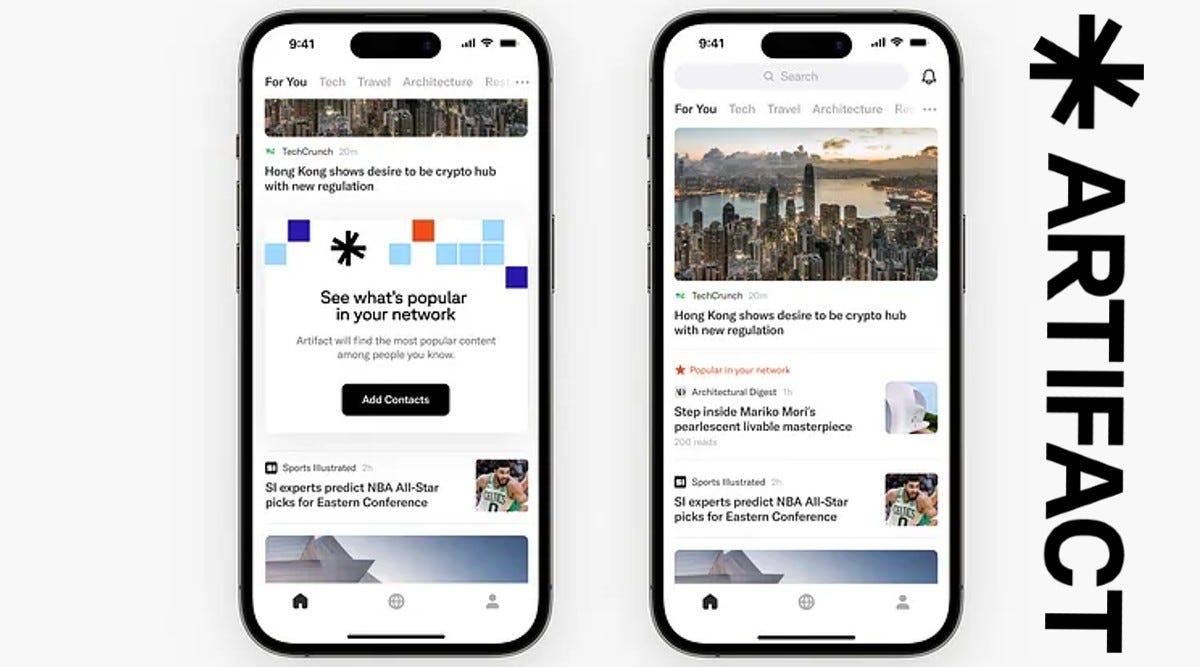My Bizarre Stint As an Amazon Reviewer for Hire
In exchange for positive Amazon reviews, the mysterious Facebook accounts who recruited me promised me free stuff. They delivered.
I didn’t intend to become a liar for hire, a purveyor of fake news on that terrible site, Amazon. But I knew I went too far when I woke up shrouded by my untruths. My blanket, pillows, and even my duvet were a lie. The pajamas, my night light, the Christmas lights that I hung on the wall: all falsehoods.
For the last nine months, I’d been writing positive Amazon reviews in exchange for free merchandise. Like most criminals, I started out legit, through a site called RebateKey, which offers rebates between 5% and 100%. Sellers used this third-party service of small refunds to bolster the search results when consumers are looking for, say, LifeStone Rose Quartz Crystal Soap with French Pink Clay and Rose Geranium Essential Oil, a meat thermometer, or a newsboy cap. The rebate check arrived after 30 days, so I couldn’t return the product after payment. It only made sense to participate if I were truly interested in owning the product in question.
But after I contacted RebateKey customer service using Facebook Messenger, the social media data vacuum otherwise known as Facebook apparently pegged me as someone interested in writing Amazon product reviews. It served me an ad with a picture of a desk chair that read: “Click here for 100% rebate offer.” I clicked it. A draconian private message popped up: “Welcome to Smugdesk company’s Reviewer Reward Program and participate in awesome Free product trial. Everyone only have one chance to join this program. There are lots of people want to enjoy our benefits, so before we officially confirm the cooperation, we need to make sure you can accept the following.” In halted English, I was given a set of directions. And despite the disembodied creepiness, I clicked “I agree.” Worst-case scenario, I figured I could return the chair and get a refund. Following the directions, I plugged in specific search keywords into Amazon, found the chair and separate wheels for it, and purchased them for $196.72. The items came three days later in a heavy box that barely fit through my door.
“I didn’t need any of this stuff; I was addicted.”
My PayPal refund, according to the Facebook Messenger directions, would only come if I left a five-star review. I didn’t want to lie too much, so I wrote bland copy under the title, “They work, I guess!” Two business days later, $196.72 arrived in my PayPal account. It is still the most money I was ever paid as a writer, per word.
Soon, other ads for Amazon review schemes started popping up on my feed. Four kinds of identical beard oil with differing labels. A selfie lamp that attached to my table. Three-ounce bottles used for carrying liquid through airport security. Even a large lamp used for professional photographers. I didn’t need any of this stuff; I was addicted.
I donated winter gloves and scarves I’d reviewed to the poor in a weak attempt at being an online Robin Hood. I ended up with not one but two Christmas sweaters: a polyester number with a llama wearing a scarf and a hoodie that made me look like I stole it from an elf. I hate Christmas. And I’m Jewish.
Fake Facebook accounts with bland profile pictures of flowers started messaging me. “Are you a US Reviewer?” I would say yes and send them my Amazon profile link so they could see my many reviews. The person on the other end would message me a gallery of various product images, and I would choose the one I wanted. They’d offer keywords and tell me the exact amount the product sold for and the number of reviews it had, so I would have to search first and then select the product on my own, a process that might raise the item’s search ranking. It was a nudge-nudge kind of thing, sending me covertly toward the products without sharing the exact link.
“The more I reviewed, the more the Facebook accounts asked me to review.”
I’d search for the item and buy it, share my screenshot and order number with the account, and wait for the item to arrive so I could review it. Then, I’d share the screenshot of the posted review. In my reviews, I would try to tell the truth, but I often needed to use neutral fact-based language. For a set of bathroom hooks, I wrote, “Great set of hooks. I use it in my bedroom and my bathroom. Very adhesive and easy to set up.” None of those words were untrue. For a shelving unit, I wrote, “The shelving unit is compact and can easily fit in a corner. I like it BECAUSE it was so small. And easy to assemble! I’m always afraid of putting things together, and this was super easy. You can even see the instructions in my picture.” In a way, I was an automaton, just posting facts like a reporter from the field.
The more I reviewed, the more the Facebook accounts asked me to review. It became a daily ritual.
At 1 a.m. or so, after scarfing down a book or cramming in a paper for the next day’s class, the Facebook accounts that offered me reviewing opportunities came alive. It was obvious from their incessant badgering that they were hustling. They were not the products’ sellers. They did not send me money. They were recruiters, gig workers, and would follow up with me so that I did my job. Many different accounts would offer the same two dozen items. The PayPal refund, coming from different email accounts with Mandarin characters, did not tell me which refund the item was for. I would have to match the refund amount with the dozens of products I purchased. I could not keep track of what I purchased from what fake name.
Amid the transactional nature of our conversations, I tried getting to know the recruiters better by engaging them in conversation. In a video chat, a semi-lit face would pop on and say “see my products.” I would ask them where they were, and sometimes they would say a country, but their limited English beyond the script kept details minimal. They lived in countries like Bangladesh and India and said they were paid a few American dollars for each review they got someone like me to post.
The black market for Amazon reviews makes some sense if you consider how valuable positive reviews can be to sellers on the platform. With more than 2.5 million sellers on the platform, getting seen by customers who might make a purchase is no easy feat. As one friend who has been selling on Amazon Marketplace since 2016 explained to me, on Amazon, “the more reviews you have on an item, the more likely for the item to come up in an algorithmic search. The more customers like the item, with reviews, the more Amazon likes it.”
Exactly how Amazon uses reviews in its search algorithms is a mystery. Not all reviews are worth the same. Older reviews may lose value over time, and reviews from consumers who purchased their products on other sites — unverified purchases — may be worth less. Amazon might also weigh reviews differently based on the customer’s number of reviews and average review score. Amazon keeps its exact methods secret. So sellers are always trying new methods to recruit good reviews.
But why didn’t sellers just refund me on Amazon, and skip intermediary commissions and PayPal? They “bought” my reviews twice, once on the refund and once on the recruiters’ commissions. Why go through all this trouble to recruit me on Facebook and send me free stuff?
When I asked another long-time Amazon seller this question, he said that it’s because Amazon has been cracking down on fake and incentivized reviews. Up until 2016, the company actually allowed sellers to offer discounts and free merchandise in exchange for reviews, as long as the reviewer disclosed the deal in their review. Even before changing this policy, the company had sued the operators of websites offering the service as well as individuals who offered to leave five-star reviews in exchange for a fee using the freelancing website Fiverr. The FTC issued its first charges against a company that hired fake reviewers last year.
“The guilt crept in slowly as my bedroom piled up with boxes. The ubiquitous Amazon symbol, shaped like a smile, taunted me, reminding me that I was adding to the noise on the internet in an unethical manner.”
Amazon is on the lookout for suspicious reviewers. Recruiting people like me creates real purchases on Amazon from accounts with real addresses, and the refund is hidden off of Amazon’s platform. All of which make the reviews more convincing.
Still, the strategy didn’t seem to work perfectly. Some of my reviews were never posted. Some items mysteriously got taken down. Sometimes I would purchase an item, receive it, and go back to review it, only to find that it was taken down.
Eventually, around Thanksgiving, I decided to quit.
The guilt crept in slowly as my bedroom piled up with boxes. The ubiquitous Amazon symbol, shaped like a smile, taunted me, reminding me that I was adding to the noise on the internet in an unethical manner. It became a frown. My parents raised me to be an honest person, above all else. This was lying, and my words were influencing others’ decisions. And who knows? My positive reviews on a bad chair might cause someone back problems. Here I was, engaging in immoral behavior for things I ended up giving away, like some sort of robber baron. Worse, I was in Divinity School, studying religion. There was a pileup of cognitive dissonance.
A family member passed away, and I stopped my bad behavior in their memory. Now I have to move and figure out what to do with all the crap in my closet. Meanwhile, the heavy chair that started it all is still in the box, along with my integrity.
I still have friends reaching out to me, asking me the romantic question: “Are you a US Reviewer?”
Update: A previous version of this article incorrectly explained the RebateKey service. The website offers rebates.









